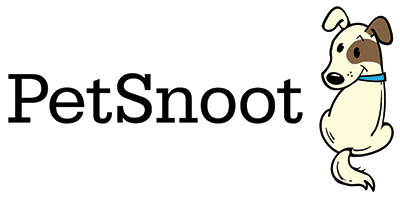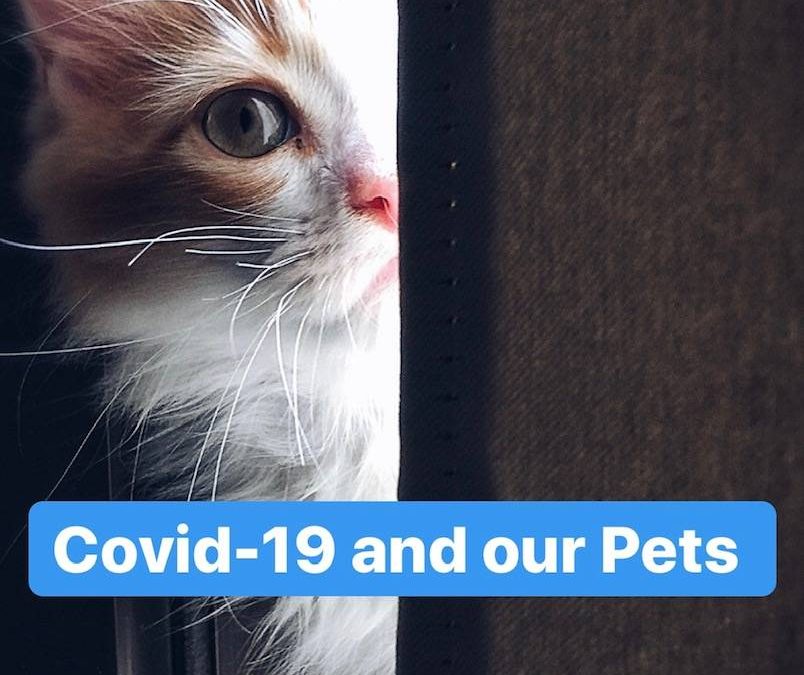An update on Covid-19 and how it affects our pets.
Recently, you may have seen a news article stating a tiger at the Bronx Zoo tested positive for Covid-19. Public health officials believe this is a result of close interaction with an asymptomatic zookeeper. A total of seven tigers and lions have shown symptoms of respiratory illness, while only one was tested due to the difficulty involved in collecting a sample. As of April 6, all of the affected cats are doing well and expected to make a full recovery. Currently, no other animals at this zoo are showing signs of respiratory illness.
What does this mean for our pets?
According to the CDC, USDA, and AVMA, there is no evidence that pets can transmit Covid-19 to people. They have only seen sporadic cases of pets with positive test results, but most of them did not show any clinical signs.
Due to the evolving situation, it is recommended to follow the precautions below.
For pet owners who test positive for COVID-19:
- Restrict contact with pets and other animals while you are sick with COVID-19, just as you would with other people.
- When possible, have someone else take care of feeding and otherwise caring for your pet.
- If you have a service animal or you must care for your pet yourself, wear a cloth facemask; don’t share food, kiss or hug them; and wash your hands before and after any contact with them.
Pet owners who are not ill with COVID-19 can interact with their pets as normal and should continue to practice good hygiene before and after those interactions:
- Wash hands before and after interacting with your pet, including when handling food, supplies, and waste.
- Ensure your pet is kept clean.
- Regularly wash your pet’s food and water bowls, bedding material, and toys.
It is important to remember that what is known about Covid-19 transmission right now is that most of it is happening human to human. The precautions above are out of an abundance of caution, and there is no need to surrender your cat or dog.
What if my pet needs to see a veterinarian?
Currently, veterinarians are following guidelines from the AVMA that include limiting in-patient appointments to emergency or critical care. Many veterinarians are seeing patients by allowing one client in the office at a time. Others are sending an employee wearing personal protective equipment out to the car to pick up the pet, while the doctor calls the owner to discuss diagnosis and treatment.
Many veterinary clinics are putting preventative care appointments, such as vaccines, spays, and neuters, on hold until further notice. If you need to take your pet to the veterinarian, I recommend you check their website or call into the clinic to determine what procedures they currently have in place. This is also a great time to support small businesses, including your veterinary clinic. If you need pet food, flea/tick prevention, heartworm prevention, or other items from your veterinarian, please call them to see if you can place an order for curbside pick up.
This is a tough time for us all. Please stay safe, and stay tuned for more information and updates from PetSnoot.


Recent Blog Comments